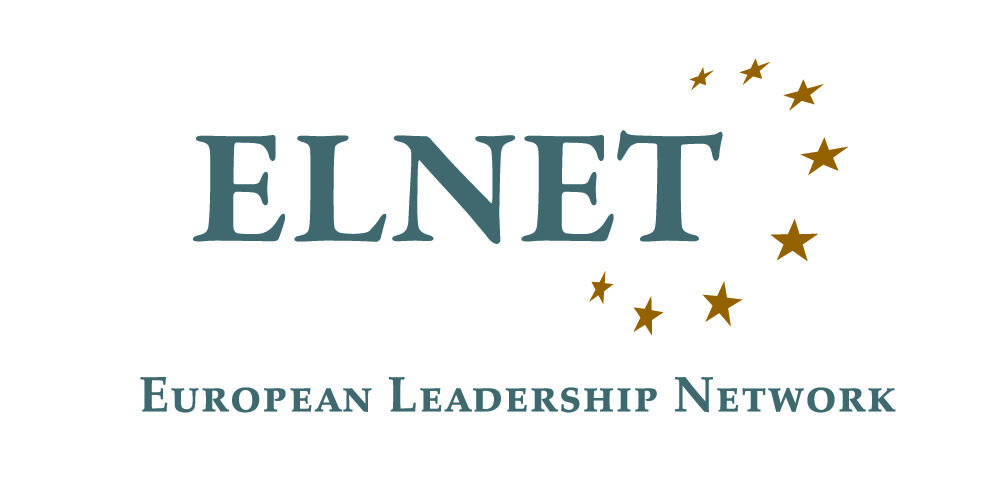In the last week of October, ELNET welcomed a European Affairs delegation, consisting of MPs from Germany’s Bundestag European Affairs Committee, and MEPs from Latvia and the Czech Republic, to Israel.

The program aimed at providing the European delegates with a comprehensive understanding of Israel’s complex geopolitical challenges and the enduring resilience of its citizens, supporting the goal of informed, cooperative policymaking between European and Israeli leaders.
The group travelled to Southern Israel for a series of site visits, beginning with a security briefing by a member of the IDF Spokesperson Unit. At Kibbutz Kfar Aza – one of the communities directly affected by the October 7 attacks – the delegation observed both signs of reconstruction efforts and preserved ruins, symbolizing Israel’s commitment to resilience while honouring the memories of those impacted. Following visits to the Nahal Oz military base and the Nova Music Festival grounds, the participants returned to Tel Aviv to attend a meeting at the Forum of the Families of Hostages with families whose relatives are still held by Hamas in Gaza.


The following day, the delegation went to Jerusalem for discussions on Israel’s political and diplomatic landscape. At the Knesset, they met with Members of Knesset from both coalition and opposition parties, including MK Ariel Kellner (Likud) and MK Meirav Ben-Ari (Yesh Atid), providing them with a balanced perspective on Israel’s legislative dynamics. At the Ministry of Foreign Affairs, briefings from Ambassador Zvi Vapni, Israel’s Ambassador to Spain, and Ohad Nakash Kaynar, Director of the European Organizations Department, outlined Israel’s foreign policy priorities with particular focus on relations with Europe. The group also visited the Yad Vashem, Israel’s World Holocaust Remembrance Center, and toured the Old City of Jerusalem, before engaging with Dr. Maya Sion-Tzidkiyahu, Director of the Israel-Europe Relations Program at Mitvim Institute, at a dinner discussion about strategic aspects of Israel-Europe relations amid changing geopolitical dynamics.
During the second half of the program the European delegates met with experts on education, innovation and regional cooperation. At Start-Up Nation Central, they explored the European-supported Israeli innovation ecosystem, and in a meeting with Dan Catarivas, Senior Advisor on International Relations at the Manufacturers Association of Israel, they engaged in a dialogue on European-Israeli collaboration. A session with IMPACT-se CEO Marcus Shef addressed education content in the Middle East, and discussions with Ambassador Dimiter Tzantchev, Head of the EU Mission to Israel, explored the complexities and opportunities in EU-Israel relations. ELNET also facilitated meetings with the delegates’ respective ambassadors, including German Ambassador Steffen Seibert and Latvian Ambassador Aivars Groza.
During a meeting with Shlomi Kofman, Head of the European Research and Innovation Directorate (ISERD), delegation participants gained valuable insights into the resilience and adaptability of Israel’s innovation ecosystem, even in times of conflict. They also explored the significance of its participation in Horizon Europe, the EU’s flagship funding program for research and innovation. ISERD, working within Israel’s Innovation Authority and in partnership with the Ministry of Innovation, Science, and Technology, the Council for Higher Education, and the Israel Innovation Authority, focuses on facilitating Israeli engagement in Horizon Europe, enabling Israeli organizations to collaborate with European entities on cutting-edge research and development initiatives. Prof. Uri Marchaim, Head of the Department of Regional Development and the European Wing of the Research Authority at the MIGAL Galilee Research Institute, further emphasized the impact of these partnerships. As a regional R&D Center under the Israeli Ministry of Science and Technology and the Galilee Development Company Ltd., MIGAL is dedicated to advancing technological innovation in the Galilee region and fostering international collaboration. Additional speaker Amir Oranim, CEO of TripleW, shared insights into innovative approaches to sustainable waste management. TripleW Ltd., a biotechnology R&D company, has developed an innovative industrial process to convert waste into biodegradable bioplastic, offering a comprehensive solution that supports a sustainable bioeconomy. When speaking to the delegation, Oranim highlighted the significance of this technology in addressing global environmental challenges, emphasizing how Israeli biotechnology innovations contribute to sustainable development and underscore Israel’s commitment to environmentally responsible industrial solutions.
The European Affairs delegation exemplified ELNET’s mission to foster robust dialogue and mutual understanding between Europe and Israel. By connecting European leaders with Israeli experts and communities, ELNET aims at establishing a foundation for shared security, resilience, innovation and prosperity to confront global challenges together. In line with these objectives, the European delegates also met with Ms. Nataliya Apostolova, Head of Mission for EUBAM Rafah, to gain a more nuanced understanding of the security and humanitarian dynamics in the Gaza Strip, as well as the challenges EUBAM itself faces. Ms. Apostolova provided insights into the region’s complex challenges, especially following the October 7 terror attacks, which impact both Israeli and European security concerns. EUBAM Rafah, as the European Union Border Assistance Mission, operates to monitor the Rafah border crossing between Gaza and Egypt, usually a key point of access for goods and people. This mission exemplifies European involvement in regional security and humanitarian issues, reinforcing the EU’s role in promoting stability and fostering cooperative solutions.



